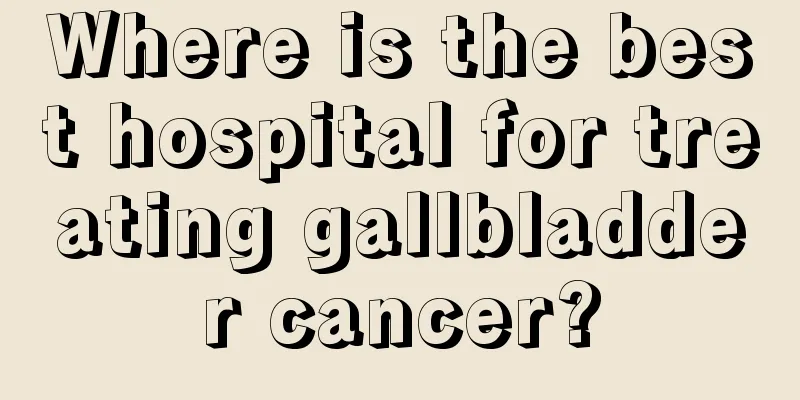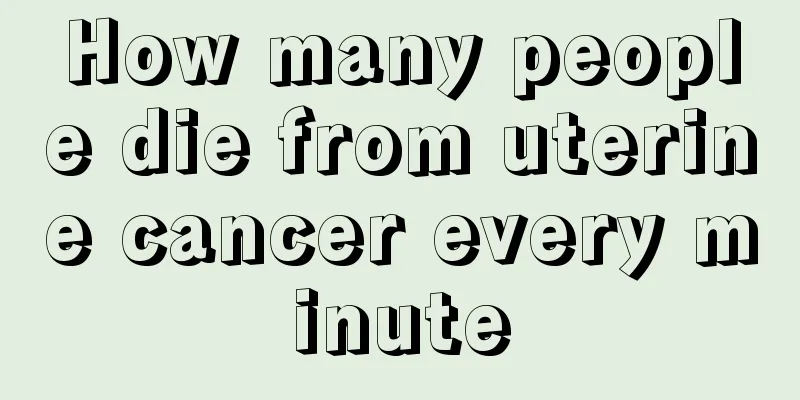What are the reactions to anorexia?

|
Anorexia patients are generally children, and their main symptoms include poor appetite, loss of appetite, nausea and vomiting, and a series of other symptoms. Some people also hate eating because of psychological resistance. In fact, most patients feel hungry, but they can't eat due to psychological reasons. Don't worry too much, face it correctly, and then let us understand together, what are the reactions of anorexia? Eating symptoms: Some patients have a good appetite, but after taking a few bites they feel bloated and uncomfortable in the stomach and stop eating, or they don't want to eat when they see food. For example, forced eating often induces nausea and vomiting; some patients even try every means to induce vomiting; patients pay too much attention to diet and worry about gaining weight, so they actively refuse to eat or diet excessively, causing weight loss and malnutrition; patients often feel hungry but force themselves not to eat. They are good at studying the nutrition and calories of food; hiding or deliberately wasting food. About 50% of anorexia patients have bulimia. After binge eating, they induce vomiting, take diet pills, laxatives, etc., or engage in high-intensity exercise for fear of gaining weight, which leads to water and electrolyte disorders (hypokalemia, hyponatremia, etc.) and acid-base imbalance (metabolic alkali poisoning). Physiological manifestations: significant weight loss and edema; lack of fat in the body, prone to chills and fear of cold; abnormal hormone levels in the body, resulting in fine or sparse hair or excessive body hair; decreased heart function, slow heart rate, decreased blood pressure, and heart rhythm disorders, leading to sudden death; decreased cardiac blood flow and insufficient blood supply to the cerebral vessels, easily causing fainting. Women often experience decreased or stopped menstruation, and both men and women have a lack of sexual desire; patients may also have other symptoms of neurosis, such as hysterical balls, upper abdominal fullness and discomfort, unexplained fatigue, lack of interest in sexual desire, and insomnia. Patients often have personality changes, such as depression, anxiety, moodiness, compulsion or repetition of certain things; often lying, concealing their eating habits, etc. The skin becomes rough and cracked, soft hair appears, body temperature drops, heart rate slows down, the body becomes weak, dehydrated, and the face becomes pale. Compliance is very poor, they are unwilling to take medication, and the systematic nature of drug treatment cannot be guaranteed. The above is the introduction to the reaction to anorexia that I would like to introduce to you today. I hope that all patients have understood it in detail. If you suffer from anorexia, you must actively face treatment and receive full treatment both physically and mentally, especially for children. If they don’t want to eat, parents should not force them too much, which will cause children to feel psychologically resistant to eating. I hope the above content is helpful to everyone. |
<<: How to recover from anorexia?
>>: Can bean sprouts help lower blood sugar?
Recommend
Is sodium metaphosphate harmful?
Sodium hexametaphosphate is a crystalline white p...
What are the symptoms of primary liver cancer? How should primary liver cancer be diagnosed?
The clinical manifestations of primary liver canc...
How to do radiotherapy for cervical cancer
Intracavitary treatment refers to placing radioac...
How can people who drink alcohol every day lose weight
Many people who drink frequently will have a beer...
How to care for non-obstructive hypertrophic cardiomyopathy
The threat posed by non-obstructive hypertrophic ...
What is the reason for numb feet after standing for a long time
Sometimes we often encounter some unexpected phys...
What unfavorable factors are likely to cause esophageal cancer?
What are the causes of esophageal cancer? For pat...
The treatment of atypical pneumonia must not be taken lightly
Although SARS happened many years ago, many peopl...
Diarrhea after overeating
Overeating is a problem that many people encounte...
Is sea cucumber good for the lungs?
Nowadays, people are paying more and more attenti...
What's the matter with diarrhea first and then vomiting
In life, many people often suffer from vomiting a...
What are the benefits of Taixi acupoint massage
There are many acupoints distributed on the human...
The harm of gallstones and the serious complications
The most common liver and gallbladder disease is ...
What are the contents of kidney cancer prevention?
To prevent kidney cancer, you need to do the foll...
Liver cancer inheritance
The genetic view of liver cancer is not accurate....









